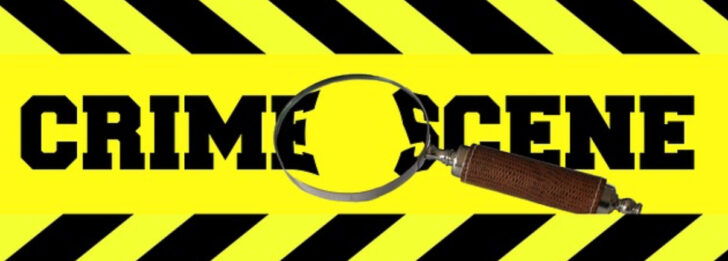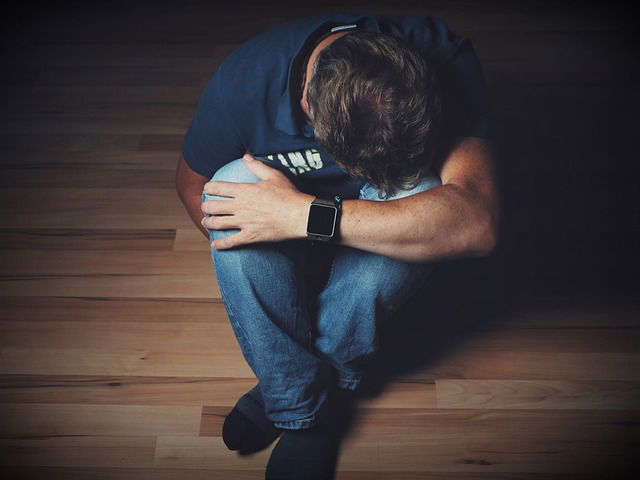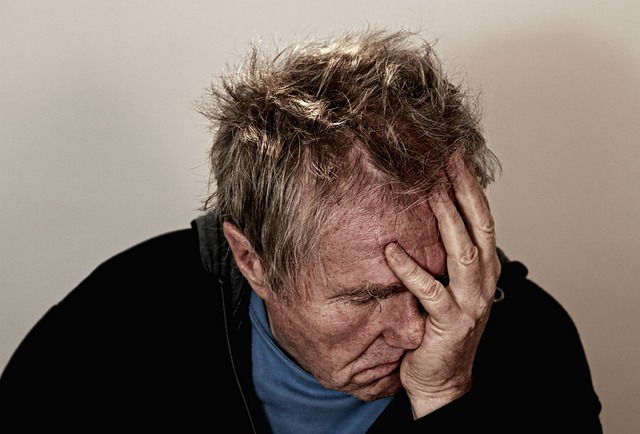Suicide is rarely the result of a sudden decision. In most cases, it stems from prolonged emotional suffering or the unbearable burden of a terminal illness.
Yet in many parts of the world, suicide remains a taboo subject, leaving those in distress isolated and without adequate support.
In the United States, resources such as the 988 Suicide & Crisis Lifeline exist to provide help, but globally, legal and emotional support for those facing such crises remains limited. Assisted suicide is only legal in a few countries, and one company recently developed a controversial device—a suicide pod—designed to help individuals end their lives.
Understanding Assisted Suicide

Assisted suicide has long sparked fierce debate worldwide. It is only legally permitted in a handful of countries, including Austria, Spain, Canada, and parts of Australia. Switzerland has stood out in this arena, having legalized assisted suicide in 1942. However, Swiss law draws a clear distinction: while it’s legal for a physician to provide the means for someone to end their life, it is not legal for them to directly participate in the act.
The First Suicide Pod Death Raises Legal Questions

On September 23, 2024, the company behind the suicide pod assisted its first client—a 64-year-old American woman suffering from a severely weakened immune system. She had traveled to Switzerland seeking to end her life with dignity. However, the suicide pod had not yet received full legal approval for use. Her death triggered a criminal investigation, leading to the arrest of several individuals, including Dr. Florian Willet, the pod’s co-founder.
Unexpected Signs of Trauma

The situation took a darker turn when authorities found severe neck injuries on the woman, prompting them to consider the case a potential “intentional homicide.” Although no official autopsy results were released at the time, police questioned whether strangulation had occurred. Could this have been caused by the pod’s process?
According to the company, the design ensures autonomy—the user enters the pod and independently presses a button to begin the procedure. Once activated, nitrogen gas is released, rendering the person unconscious within minutes and leading to a painless death in under five minutes.
Dr. Willet: The Sole Witness

Dr. Willet was the only witness to the woman’s death. He claimed she initiated the process almost immediately and that her death was peaceful and consistent with their expectations. The only physical response he observed was “minor twitching in her arms,” likely occurring after she had already lost consciousness. This raised further questions about the cause of the injuries.
From Homicide Suspect to Suicide Accomplice

After spending 70 days in custody, Dr. Willet was released in December. Prosecutors ultimately decided that the case might not qualify as intentional homicide. However, he was still suspected of assisting and encouraging the suicide, which remained a legal offense. Those close to Dr. Willet reported that the ordeal had a devastating impact on his mental health.
Dr. Willet Dies by Suicide

Dutch news outlet Volkskrant recently confirmed that Dr. Willet died by suicide last month. The news came from Dr. Philip Nitschke, inventor of the suicide pod and a prominent advocate for euthanasia rights. According to Nitschke, Dr. Willet was deeply changed after his release from prison. Once warm and confident, he had become anxious and withdrawn, struggling to trust even those close to him. The trauma of the investigation and the stigma he faced weighed heavily on him.
Suicide: A Desperate Escape and a Call for Help

For many, suicide is not just a final decision—it’s a cry for relief from unbearable emotional or physical suffering. Unfortunately, societal stigma often silences those in need. Many individuals hesitate to ask for help, fearing judgment or feeling like a burden.
But help is available. If you or someone you know is struggling with suicidal thoughts, support services like the 988 Suicide & Crisis Lifeline are there to listen and help. You can call or text 988, or visit 988lifeline.org for live chat support.
A Troubling Reminder of the Complex Ethics Around Assisted Death

Assisted suicide remains one of the most ethically complex and emotionally charged topics in modern medicine. While the suicide pod was created to offer people a dignified way to end their suffering, it has also exposed unresolved legal and moral issues. Dr. Willet’s story is a sobering reminder that helping others find peace does not always bring peace to oneself.
No one should ever feel completely alone—especially in moments of despair. Whether you’re suffering silently or supporting someone who is, remember that compassionate help exists, and reaching out could save a life.
